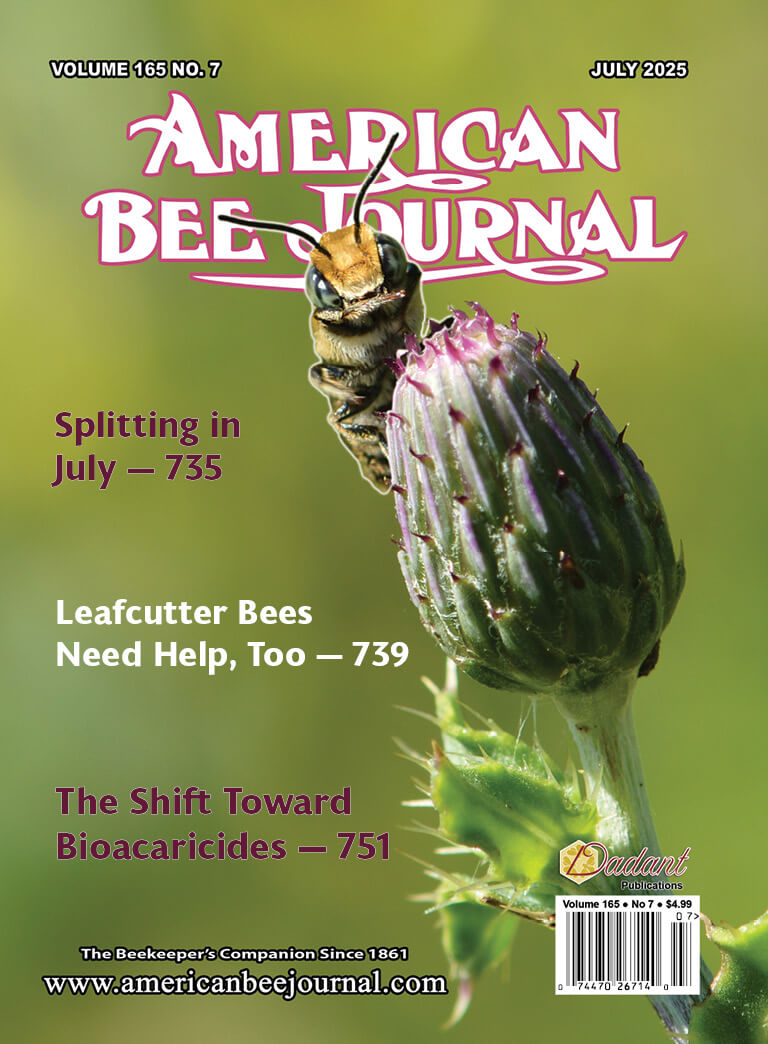The small hive beetle (Aethina tumida) is an exotic pest originally from South Africa which can infest honey bee (Apis mellifera) colonies, destroying combs and brood often causing total colony loss. It invaded the southern USA in the 1990s causing significant economic loss, and has later been found in Australia, Canada and elsewhere. It is subject to statutory control in most European countries, and contingency plans have been in place for some years in anticipation of its arrival.
On 11th September 2014 the small hive beetle was discovered by beekeepers in Gioia Tauro, in south west Italy. The source of the outbreak is currently unknown. Attempts were made to eradicate the beetles, by killing colonies and treating soil with insecticide, setting up a 20 km protection zone and 100 km surveillance zone around the infested colonies.
Subsequent investigation has found that it is present in 48 apiaries of 13 bordering municipalities, all of them concentrated in an area of 10 km radius. Italian beekeepers have asked that the policy of compulsory destruction be halted, and other measures to avoid spread be implemented.
Dr. Franco Mutinelli of the Istituto Zooprofilattico Sperimentale delle Venezie says: ”Our inspections have shown us that the beetle is found in strong bee colonies as well as weak ones, in freshly made combs as well as old ones, and in nucleus colonies as well as full colonies. However, until now the infestation appears limited to this area of Calabria region.”
The President of the international honey bee protection network COLOSS, Prof. Peter Neumann says: “The COLOSS association is greatly concerned about this discovery, which represents the permanent arrival of this pest into Europe. It is inevitable that it will spread to other European countries, but we cannot yet predict what its effects on the beekeeping industry will be. COLOSS members will work together to bring scientific results into practice for the benefit of beekeepers to help them fight this serious pest.” (COLOSS Honey Bee Research Association News Release)


